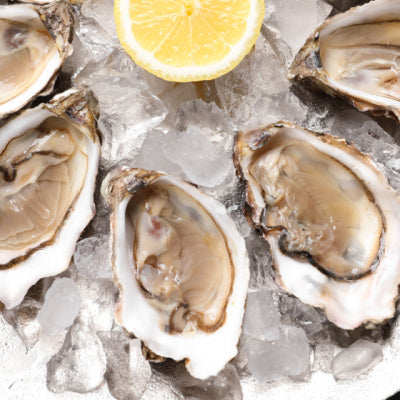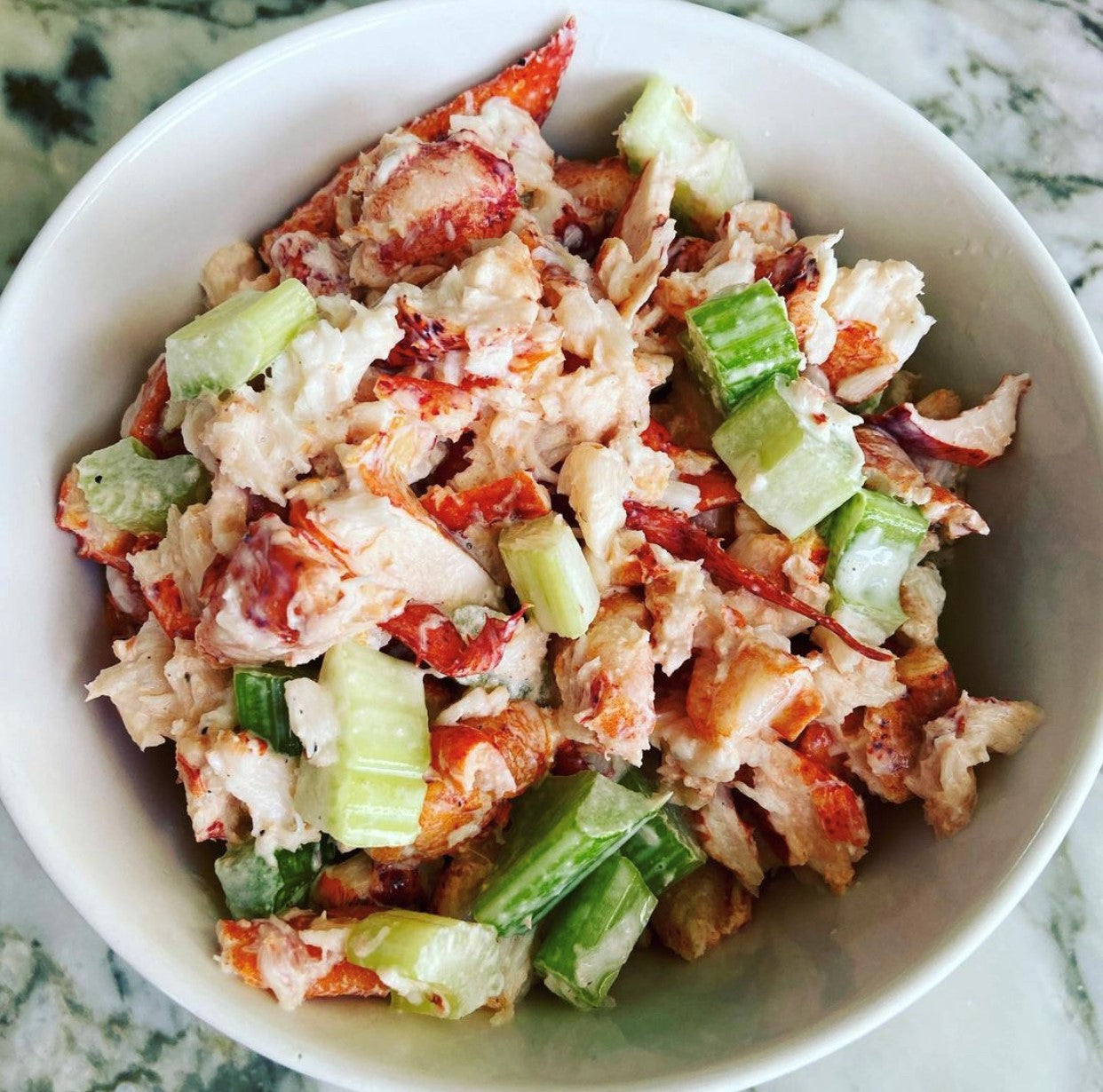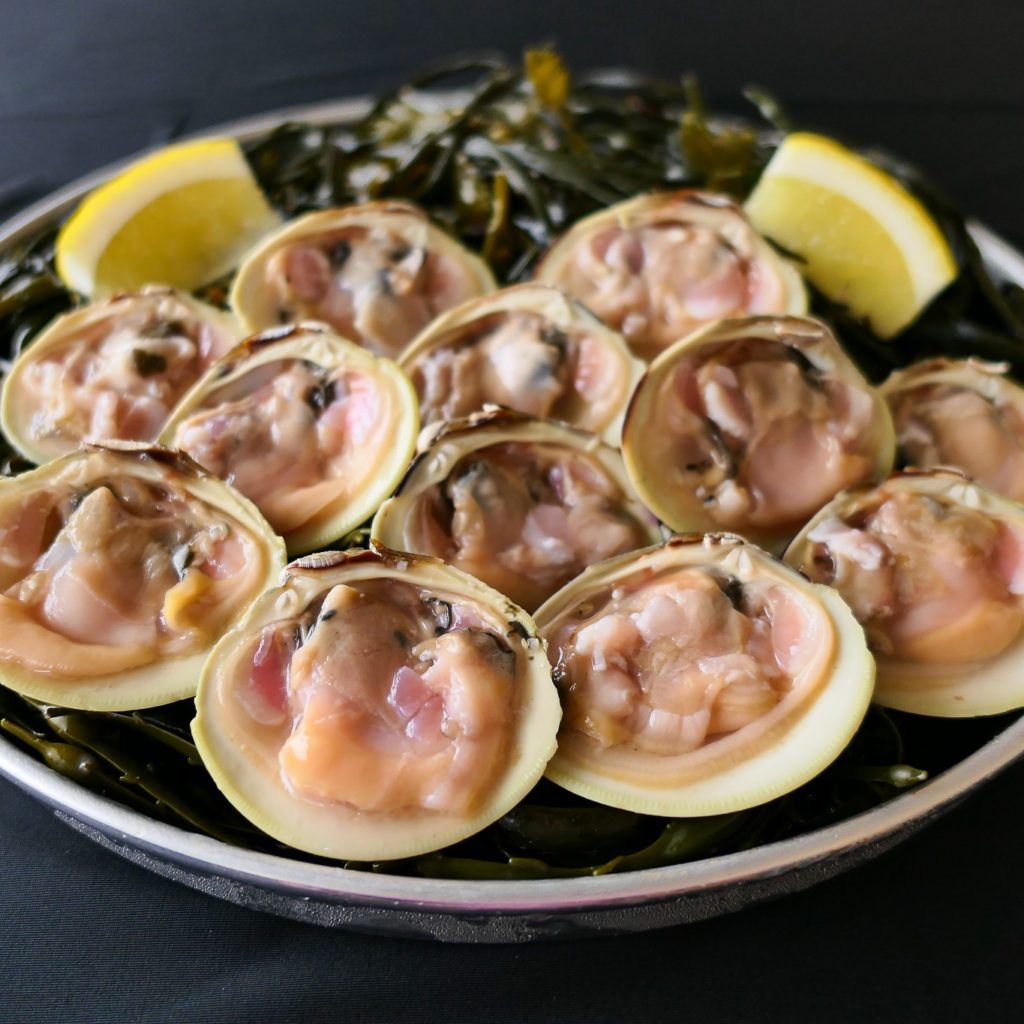Your Cart is Empty
FREE SHIPPING ON ALL ORDERS OVER $125!
FREE SHIPPING ON ALL ORDERS OVER $125!
FREE SHIPPING ON ALL ORDERS OVER $125!

Covid-19 has definitely disrupted all of our normal routines, and while this pandemic has created immeasurable stress, it has also given some the gift of more time to exercise and train. Whether it’s getting outside to go for a run, a walk, a bike ride, a hike, or kicking your home workout routine up a notch, it’s important to optimize your body’s ability to recover from your exercise of choice. So, how’s it going for YOU?
Prioritizing recovery can help you feel better after a workout and set you up for success in the future. Some suggestions for post-workout recovery: Focus on your sleep duration and your overall sleep quality, incorporate a cool-down routine, practice more stretching, or add in a variety of recovery modalities. What do we mean by recovery nutrition though? Let’s dive in!
Your fueling strategies can help you get the most out of your workouts and leave you feeling refreshed instead of discouragingly sore or too tired to exercise on consecutive days.
No matter what form of physical activity you choose, exercise creates muscle breakdown. That may sound like a negative, but it can actually be a very positive and necessary process to help you reach your goals. The trick is to re-hydrate and re-fuel our bodies to obtain the benefits of our workouts and feel better and stronger from day to day.
So how do we do that? Here are some helpful recommendations to get you started:

Snack: For that quick recovery, consider drinking a smoothie or chocolate milk. That’s right. A tall glass of cold chocolate milk not only brings back childhood nostalgia, but it also contains an excellent carb to protein ratio (3:1) to help with muscle recovery after exercise.
If you’re craving a smoothie instead, play around with a recipe like almond milk, Greek yogurt, frozen berries, spinach, chia seeds, and ground flaxseeds to get that recovery process off to a solid start.
Meal: For a well-balanced meal, be sure to vary your vegetableswith anything from asparagus to zucchini and opt for high quality carbohydrates, such as potatoes or sweet potatoes, brown rice, or quinoa. Pair these items with a lean protein (fish, chicken, tofu, or lean beef) and your muscles will be thanking you.
What is the easiest and fastest way to accomplish this meal plan? Pan Seared Salmon is quick, easy, healthy, and delicious. Check out North Coast Seafood’s Chef Andrew Wilkinson step-by-step cooking instructional for seared salmon right here.
Add this salmon to a colorful salad with mixed greens, beets, bell peppers, quinoa, and a tangy vinaigrette dressingthat will allow your muscles to take full advantage of this “performance plate.”
Salmon is an excellent source of lean protein and omega-3 fatty acids and the vegetables offer vitamins, minerals, and antioxidants to help reduce inflammation. The quinoa is a natural, gluten-free product containing carbohydrates that offer some additional protein as well.
Once you have mastered salmon, consider WildCod as another excellent lean protein source to include in your recovery nutrition fueling strategy. If you can commit a little bit of time to the kitchen after your training, your muscles are sure to feel the difference.
Check out Chef Andrew's recipe for Crispy Parmesan Baked Cod, right here.
North Coast Seafoods offers Ocean-Raised Norwegian Salmon, which is extremely rich in Omega 3 fatty acids and an excellent choice for a healthy, delicious meal. Our full Naked Seafood line also offers Wild Icelandic Cod, Wild Sea Scallops, Wild Alaskan Salmon, Scottish Style Smoked Salmon and Raw & Cooked Shrimp.
These options represent the finest quality, sustainable seafood; flash frozen at the source to maintain peak freshness, texture, and flavor. Those in the market for a simple seafood solution needn’t look any further.
Check out more great recipes, right here.
Mary Ellen Kelly is credentialed as a registered and licensed dietitian and is a board certified sports dietitian. She is the owner of Fuel Forward, LLC, a nutrition consulting business. She is also Adjunct Faculty for Bloomsburg University and the Manager of The Sports Nutrition Immersion Program (SNIP), a mentorship program for sports dietitians through the Collegiate and Professional Sports Dietitians Association (CPSDA).
.She was the Miami Dolphins’ Full Time Sports RD from November 2014 through March 2018 and was the Head Sports RD at the University of North Carolina, Chapel Hill from 2011-14 and Staff Sports RD in 2010. Prior to UNC, she served as the Campus Dietitian/Sports Nutritionist at St. John’s University in Queens, NY.
Mary Ellen holds a bachelor’s of science in dietetics from Boston University, where she was also a member of the varsity women’s track and field team. She earned her master’s degree in clinical nutrition from New York University and completed her dietetic internship training at the James J. Peters Veteran’s Affairs Medical Center in Bronx, New York
Comments will be approved before showing up.



Learn about the many health benefits of shellfish! Oysters, Clams, and Mussels are rich in Omega 3 fatty acids, lean protein, and micronutrients.
Sign up to receive the best seafood recipes, first access to new products, exclusive discounts and more!